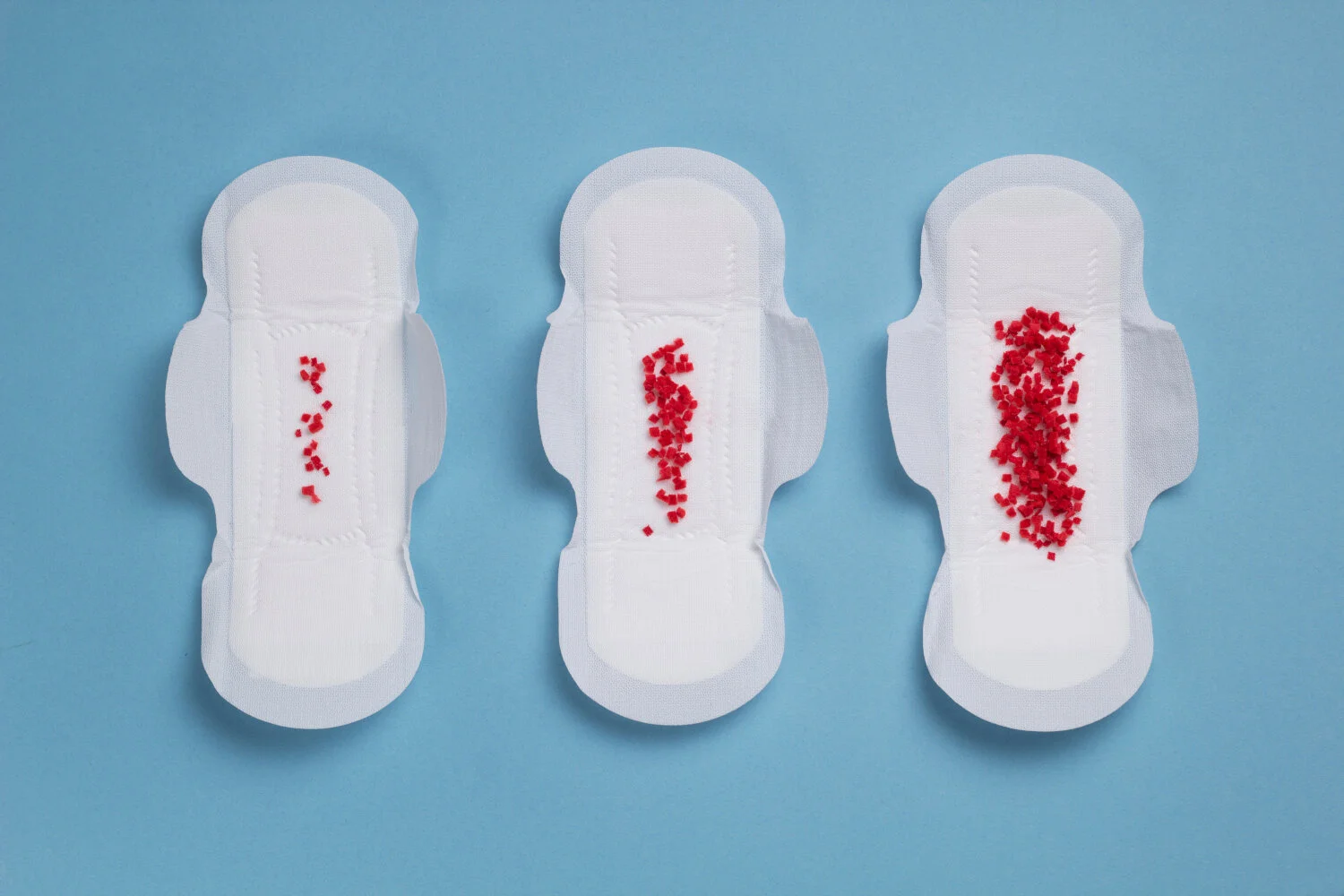All sorts of things can play havoc with your periods – stress, diet and too much exercise just for a start. And, for most women, a missed period is an occasional event.
But there’s new reason to believe that chronic menstrual irregularities – infrequent, very heavy or absent periods – is linked to a disorder Polycystic Ovarian Syndrome (PCOS). And that’s especially true if you also have oily skin, acne, excess hair growth or if you struggle to conceive.
How hormonal imbalances affect your periods
The female body produces many hormones – including androgens (male hormones). And research into PCOS, which is primarily diagnosed when fertility problems arise, shows that women with this condition usually experience some form of hyperandrogenism – where the body produces too much androgen.
And this abundant androgen has been shown to break down the follicles that make up the ovaries, which plays havoc with your cycle and can even lead to infertility.
But, there’s a deeper underlying cause
Sex hormones like estrogen (female hormone) and testosterone (male hormone) both respond to the levels of insulin present in your bloodstream. We don’t always think of it that way, but insulin is also a type of hormone, so they impact each other.
Insulin is part of your body’s metabolism. When you consume sugar or high-carbohydrate food, it is converted into glucose or blood sugar. Your pancreas secretes insulin to carry this glucose into your cells where it can be used to generate energy.
But when your body has a problem processing insulin, it builds up. And you’ll never guess what these raised insulin levels do – it causes your body to overproduce the male hormone androgen. Those same androgens that break down the ovaries and cause irregular periods.
Doctors found that women with PCOS tend to be insulin resistant. So, if you really battle with irregular periods, and maybe also notice some acne, excess hair growth and struggle a little bit weight gain, you are not alone.

